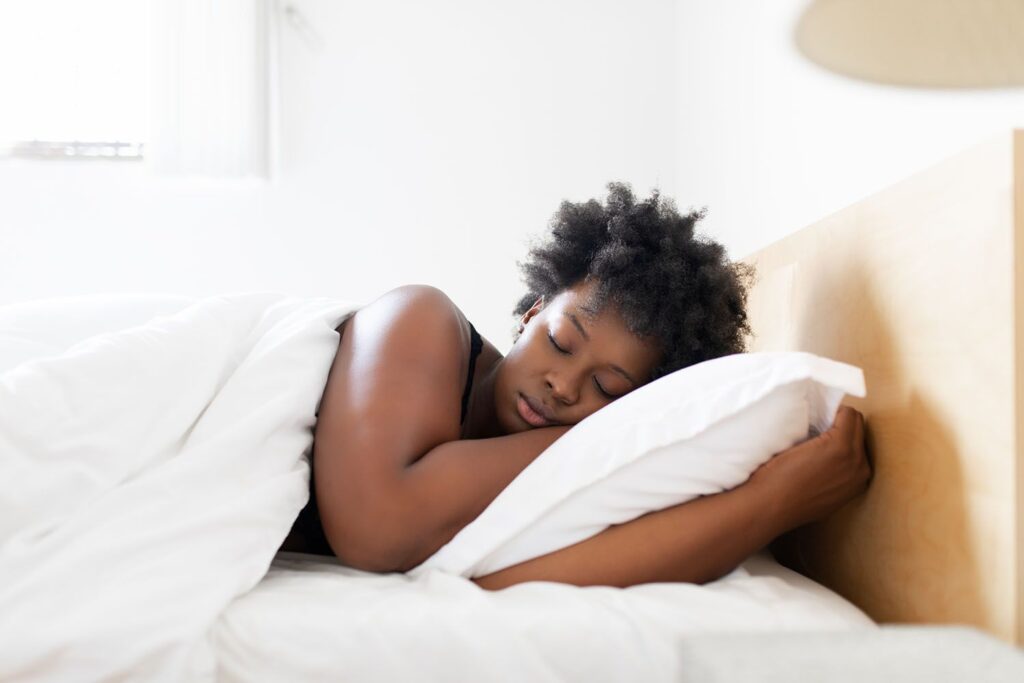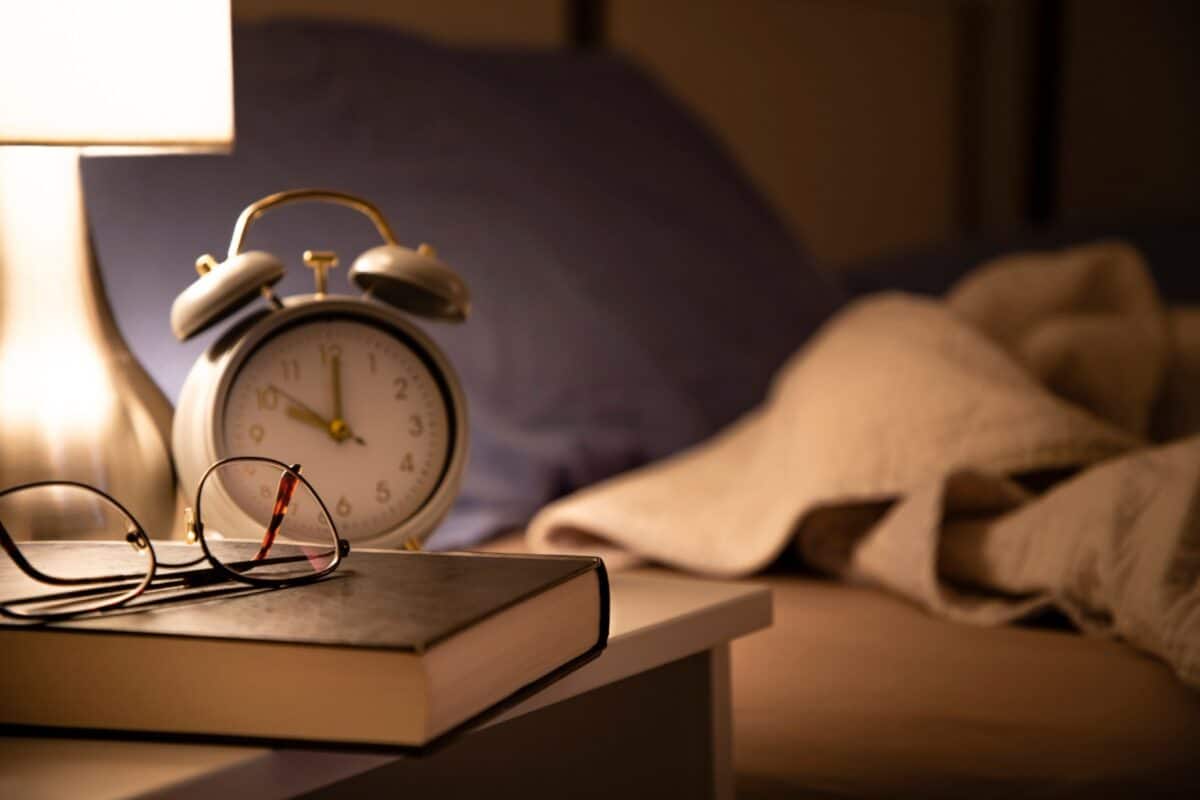Understanding your sleep type can be a significant step towards improving your overall well-being. With a sleep type test, you can uncover essential insights into your sleep habits and patterns, allowing for personalized strategies to enhance your daily routine and health. In this article, we will explore the different aspects of sleep types, their importance, the testing process, and the benefits of knowing your sleep type.
Understanding the Concept of Sleep Types
Sleep types refer to the different patterns and categories that individuals can fall into based on their sleep behaviors, needs, and preferences. These types are not simply about how many hours of sleep one needs but encompass various characteristics, including sleep onset, quality, and responsiveness to sleep hygiene.
In conclusion, recognizing and understanding your sleep type test can serve as a pivotal element in enhancing your overall health and productivity. By taking a sleep type test, not only do you gain insights into your sleep patterns, but you are also empowered to make informed decisions that can lead to a more restful, rejuvenating sleep experience.
The idea behind sleep types is rooted in the understanding that each person’s sleep is unique, shaped by a variety of factors including genetics, lifestyle, and environment. Recognizing these distinctions can help in tailoring sleep practices that suit individual needs effectively. For instance, someone who identifies as a deep sleeper may benefit from a sleep environment that minimizes disturbances, while a light sleeper might need to implement more robust sleep hygiene practices to enhance their sleep quality.
The Science Behind Sleep Types
Research has shown that sleep is a complex physiological process involving multiple stages, including REM (rapid eye movement) and non-REM sleep. These stages contribute to different aspects of health, including cognitive function, emotional regulation, and memory consolidation. Through various studies, scientists have identified patterns that correlate with different sleep types, illuminating how these categories impact overall wellness. For example, individuals who spend more time in REM sleep often report higher levels of creativity and problem-solving abilities, suggesting that this stage plays a crucial role in cognitive development.
Neuroscience plays a pivotal role in this understanding. By studying brain activity during different sleep stages, researchers can classify sleep types based on physiological responses that take place while one sleeps. This scientific approach contributes to developing tests that can effectively classify individuals into their appropriate sleep types. Moreover, advancements in technology, such as polysomnography and wearable sleep trackers, have made it easier to gather data on sleep patterns, allowing for a more personalized approach to sleep health.

Different Sleep Types: An Overview
There are several identified sleep types, each with unique characteristics. Common classifications include:
- Deep Sleepers: Those who generally experience prolonged periods of deep (slow-wave) sleep, leading to feeling rested and rejuvenated.
- Light Sleepers: Individuals who may awaken easily, often experiencing multiple disturbances throughout the night.
- Late Night Owls: People who tend to feel more alert and productive during the night but struggle with daytime energy.
- Early Risers: Those who wake up at dawn feeling refreshed and focused, often thriving on a structured schedule.
Understanding where you fit within these types can provide insight into how to optimize your sleep habits. For instance, late night owls might benefit from adjusting their work schedules to align better with their natural rhythms, while early risers could explore ways to maximize their productivity in the early hours. Additionally, recognizing the impact of lifestyle choices, such as caffeine intake or screen time before bed, can further enhance one’s ability to achieve restorative sleep. Learn more about productivity on https://www.journals.uchicago.edu/doi/10.1086/721803
The Importance of Identifying Your Sleep Type
Identifying your sleep type is crucial as it directly relates to your overall health, productivity, and happiness. By recognizing your natural sleep tendencies, you can make informed decisions about your lifestyle and environment to enhance your rest.
Many individuals overlook the significance of sleep type, often attributing sleep-related issues to external factors without considering their own inherent patterns. By assessing your sleep type, you can take meaningful steps toward better sleep hygiene and, consequently, improved well-being.
How Your Sleep Type Affects Your Health
Research has indicated that sleep type can significantly influence physical and mental health. For instance, deep sleepers often report higher levels of well-being and lower instances of stress. In contrast, light sleepers might experience fatigue and irritability due to frequent awakenings.
Moreover, chronic misalignment between one’s sleep type and daily habits can lead to sleep disorders such as insomnia. By acknowledging and aligning with your natural sleep type, you can mitigate potential health risks associated with poor sleep quality. Furthermore, understanding your sleep type can help in managing other health conditions; for example, individuals with sleep apnea may find that their symptoms are exacerbated by their sleep patterns, making it essential to seek tailored solutions for better rest.
Learn about sleep apnea test Brisbane on: Exploring Sleep Apnea Test Options in Brisbane
Sleep Types and Productivity: The Connection
Your sleep type can also affect productivity levels in profound ways. For example, late night owls might find themselves struggling in early morning settings, such as traditional work environments, which often leads to diminished performance and creativity.
Recognizing your unique sleep type allows you to tailor your day accordingly. You can choose to engage in high-concentration tasks during your peak productivity hours, leading to enhanced performance overall. Understanding this relationship between sleep types and productivity can ultimately allow individuals to leverage their natural rhythms for success. Additionally, companies that acknowledge the diversity of sleep types among their employees can foster a more accommodating work environment, allowing for flexible hours or remote work options that align with individual sleep patterns. This not only boosts morale but also enhances overall team productivity and creativity, creating a win-win situation for both employees and employers. To learn more about flexible click here.
The Process of Taking a Sleep Type Test
Now that we’ve established the importance of understanding sleep types, many individuals may wonder how they can identify their specific type. This is where a sleep type test comes into play.
The test is typically designed to assess various aspects of your sleep including duration, quality, and your readiness to engage in activities at different times of the day. It usually involves answering a set of questions about your sleep habits and preferences.
What to Expect from a Sleep Type Test
When you take a sleep type test, expect to answer questions that explore your emotions surrounding sleep, your energy levels throughout the day, and the timing of your sleep patterns. Some tests may also inquire about your sleep environment, including noise levels and comfort.
Additionally, the tests are typically straightforward and can be done online or through various sleep tracking devices. Most importantly, these tests demand honesty and accuracy to provide you with the most relevant results.
As you prepare for the test, it may be helpful to reflect on your daily routines and how they relate to your sleep. Consider factors such as your work schedule, social commitments, and even your diet, as these can all influence your sleep quality. Some tests may also ask you to track your sleep for a week prior to taking the test, giving you a clearer picture of your habits and patterns. This preliminary tracking can enhance the accuracy of your results and provide a more comprehensive understanding of your sleep behavior.

Interpreting Your Sleep Type Test Results
Once you’ve completed a sleep type test, interpreting the results is the next step. Generally, the results will categorize you into one of the identified sleep types, providing you with a profile of your sleep habits.
Along beyond just the categorization, you will also receive insights into how your identified sleep type interacts with various aspects of life, including health, mood, and productivity. This information can serve as a foundation for making necessary lifestyle changes that can enhance your sleep experience. Furthermore, many tests provide tailored recommendations based on your results, such as optimal sleep schedules, environmental adjustments, or relaxation techniques that align with your specific sleep type. These personalized strategies can empower you to take actionable steps toward improving your overall well-being and achieving restful nights.
Benefits of Knowing Your Sleep Type
Awareness of your sleep type has far-reaching benefits, from improved sleep quality to enhanced daily performance. Understanding your sleep type helps tailor your strategies for better rest and lifestyle choices that align with your natural rhythms.
Moreover, it can shed light on areas of life that may need adjustments, such as work hours, social activities, and relaxation techniques. By recognizing your sleep patterns, you can also identify potential sleep disorders early on, allowing for timely interventions and better overall health outcomes.
Personalized Sleep Strategies for Better Rest
With the knowledge of your sleep type in hand, you can create personalized strategies to optimize your rest. For example, if you are a light sleeper, you might benefit from developing a calming pre-sleep routine to minimize disturbances in your sleep environment. This could include practices such as gentle yoga, meditation, or even reading a book to signal to your body that it’s time to wind down.
Additionally, understanding your sleep type may lead you to invest in specific types of sleep aids, such as blackout curtains or noise machines, that could support your unique needs for a better night’s sleep. Furthermore, you might explore the use of aromatherapy with essential oils like lavender or chamomile, which have been shown to promote relaxation and improve sleep quality for many individuals.
Improving Your Daily Routine Based on Your Sleep Type
Incorporating your sleep type into your daily routine can profoundly enhance your overall productivity and mood. If, for instance, you are an early riser, you may thrive by scheduling demanding tasks early in the day when your energy levels are naturally higher. This can create a sense of accomplishment that sets a positive tone for the rest of your day, allowing you to tackle less demanding tasks later when your focus may wane.
Conversely, late night owls might discover success by advocating for flexible work hours that allow them to work at times when they feel most alert and productive. This flexibility can lead to increased job satisfaction and performance, as you align your work schedule with your natural inclinations. Additionally, understanding your sleep type can encourage healthier lifestyle choices, such as meal timing and exercise routines, further enhancing your energy levels and overall well-being throughout the day.
Frequently Asked Questions About Sleep Types and Tests
As awareness about sleep types and their significance grows, many individuals have questions that need addressing. Here, we explore some frequently asked questions regarding sleep types and tests.
Addressing Common Misconceptions About Sleep Types
One common misconception is that everyone needs the same amount of sleep to lead a healthy life. However, this varies significantly from person to person based on their unique sleep type.
Many believe that they can “catch up” on sleep over the weekend after a sleep-deprived week. While extra sleep can provide temporary relief, it does not replaces the consistency of healthy sleep habits.
Expert Answers to Your Sleep Type Queries
Sleep experts frequently emphasize the importance of understanding one’s sleep type. Professional sleep consultants and psychologists highlight that this awareness can lead to meaningful changes in lifestyle, thus promoting better health and well-being.
They encourage individuals to be proactive in evaluating their sleep patterns and to seek out tools or tests that can help elucidate their unique sleep type. Taking action informed by test results has the potential to dramatically improve one’s quality of life.

